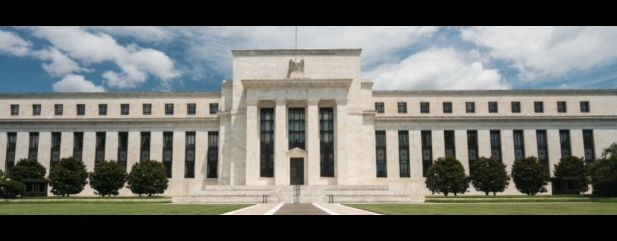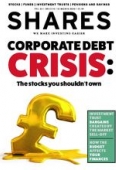Archived article
Please note that tax, investment, pension and ISA rules can change and the information and any views contained in this article may now be inaccurate.
Extraordinary movements on the bond market

Bond markets have been on an extraordinary run this year, judging by the move in US long-term government bonds (known as Treasuries) where prices are up 25% so far in 2020.
In the UK, yields went negative for the first time on 9 March with bonds of maturities up to seven years dipping below zero. The 10-year benchmark yield touched an all-time low of 0.08%. Yields fall as prices rise.
What’s driving prices is the fear of a global recession as the coronavirus spreads around the world, and more countries are forced to follow in the footsteps of China and Italy and lock down entire cities, temporarily halting economic activity.
The US Federal Reserve has made its first emergency rate cut (3 March) since Lehman Brothers collapsed during the financial crisis. Rather than soothe equity markets, the move had the opposite effect, sending shares lower and bond prices even higher.
10-year Treasury yields traded as low as 0.3% while the long-dated 30-year bond plummeted to 0.7%, breaching 1% for the first time in history.
On 24 January the 10-year Treasury had a yield of nearly 2%. All US government bonds, from three months to 30 yields are trading below 1%.
According to a poll by Reuters, economists believe the Fed will cut a further 0.25% later in the month (17-18 March) and potentially again in April.
Some commentators argue the Fed emergency cut was unwise yet the central bank may be taking its cue from bond markets which are pricing in a bigger hit to global growth than equity markets.
Other central banks including Bank of Canada, the Reserve Bank of Australia and Central Bank of Malaysia eased rates last week with others expected to follow soon.
It may sound counterintuitive for companies to be feeling the pinch when interest rates are at historic lows, yet disrupted supply chains and cancelled travel plans impact short-term cash flows and debts need to be serviced.
Some $200bn of maturing debt needs to be financed before June in the most exposed sectors, according to Pegasus Capital.
Signs of corporate stress are already starting to appear in Europe. An index that tracks default insurance at 75 of the highest risk European companies has hit its highest level in four years at 3.74%, almost double the levels seen at the end of 2019.
One glimmer of hope for value investors is that the dividend yield on the S&P 500 is trading around 1% higher than the 30-yield US government bond yield, which is a record and eclipsing the levels seen during the financial crisis.
Important information:
These articles are provided by Shares magazine which is published by AJ Bell Media, a part of AJ Bell. Shares is not written by AJ Bell.
Shares is provided for your general information and use and is not a personal recommendation to invest. It is not intended to be relied upon by you in making or not making any investment decisions. The investments referred to in these articles will not be suitable for all investors. If in doubt please seek appropriate independent financial advice.
Investors acting on the information in these articles do so at their own risk and AJ Bell Media and its staff do not accept liability for losses suffered by investors as a result of their investment decisions.

 magazine
magazine








